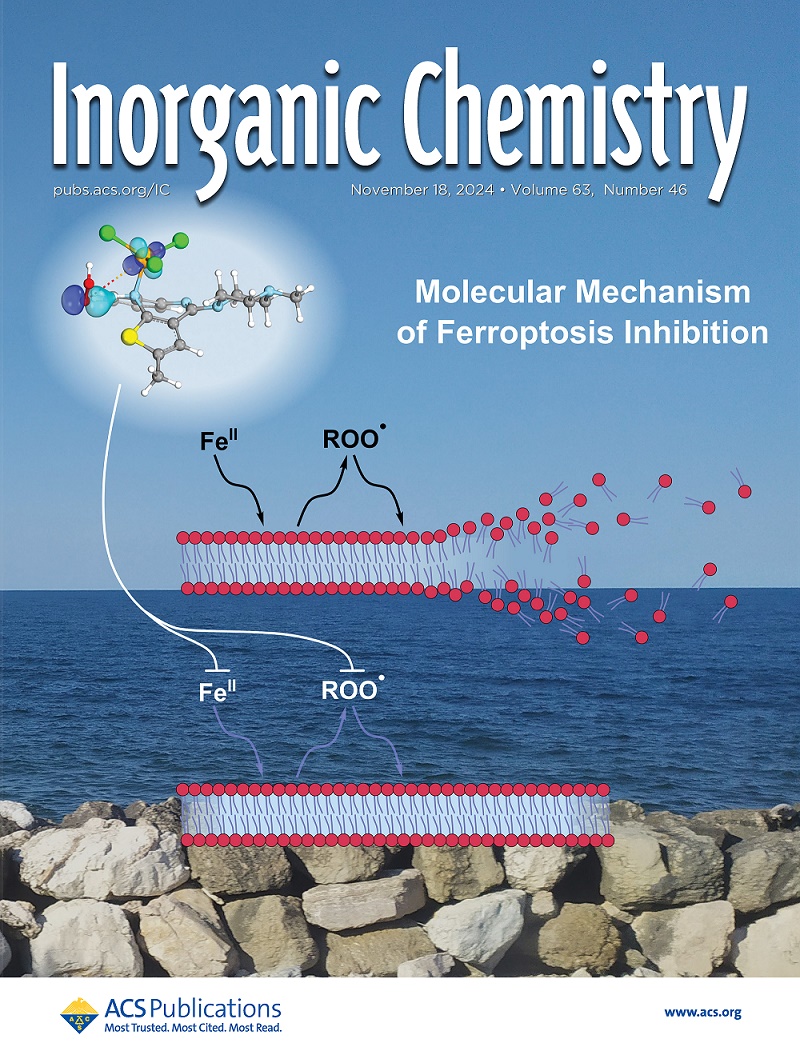In Situ Assembly Engineering-Induced 3D MOF-Driven MXene Framework for Highly Stable Na Metal Anodes
IF 4.3
2区 化学
Q1 CHEMISTRY, INORGANIC & NUCLEAR
引用次数: 0
Abstract
Sodium metal, with its high theoretical capacity, low redox potential, and cost-effectiveness, presents a promising anode candidate for next-generation high-energy-density batteries. However, the development of Na metal anodes is significantly challenged by issues such as uncontrolled dendrite growth, uncontrolled volume expansion, and associated safety concerns. Designing and developing advanced materials to enhance the conductivity of sodium metal anodes and promote uniform sodium ion deposition are of urgent importance. Herein, a MXene-based hybrid material was developed by integrating MOF-derived Zn, Co, N, and C dopants with Ti3C2Tx MXene to serve as a hosting substrate for the Na metal anode. The MXene provided a conductive framework, while the MOF-derived dopants introduced sodiophilic sites, promoting uniform Na deposition and mitigating volume expansion. The optimized material demonstrated an average Coulombic efficiency of 99.99% over 3000 cycles and stable cycling for over 5000 h in symmetrical cells and maintained over 80% capacity retention at 3 C after 500 cycles in full-cell tests, highlighting its potential as a robust Na metal anode material.

求助全文
约1分钟内获得全文
求助全文
来源期刊

Inorganic Chemistry
化学-无机化学与核化学
CiteScore
7.60
自引率
13.00%
发文量
1960
审稿时长
1.9 months
期刊介绍:
Inorganic Chemistry publishes fundamental studies in all phases of inorganic chemistry. Coverage includes experimental and theoretical reports on quantitative studies of structure and thermodynamics, kinetics, mechanisms of inorganic reactions, bioinorganic chemistry, and relevant aspects of organometallic chemistry, solid-state phenomena, and chemical bonding theory. Emphasis is placed on the synthesis, structure, thermodynamics, reactivity, spectroscopy, and bonding properties of significant new and known compounds.
 求助内容:
求助内容: 应助结果提醒方式:
应助结果提醒方式:


